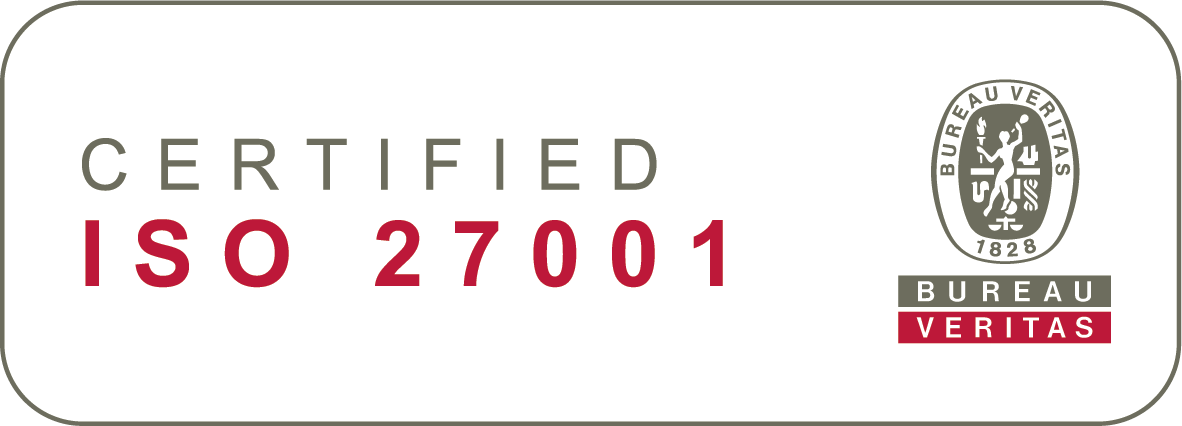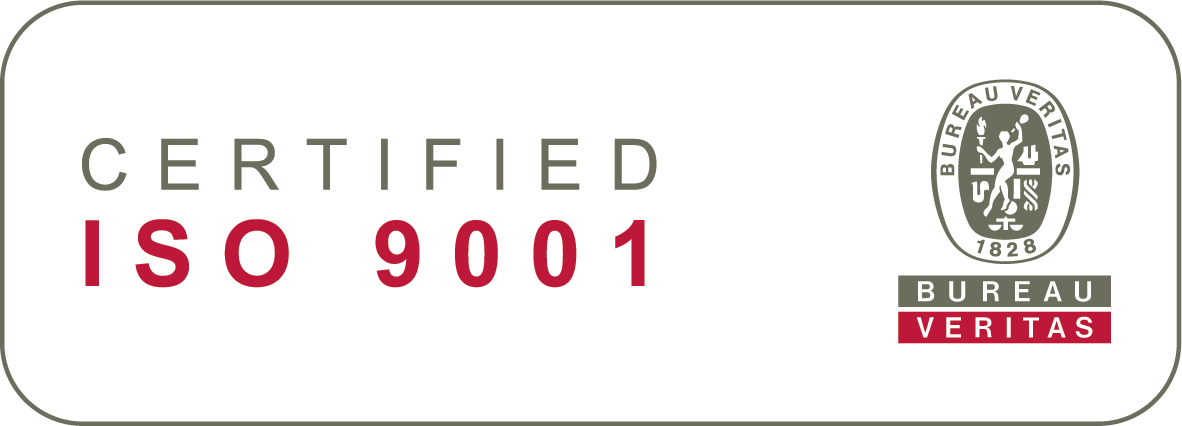7 Reasons to use an HR System
Regardless of your current business objectives or the industry you operate in, there’s essentially one factor that’s differentiating successful companies from others: people.
And here is the thing: to reach your organisation’s full potential, you need to seize the opportunity to continuously invest in them. HR’s overall influence is growing in most organisations, which shows that the focus on people is only growing. However, HR is not the only team that should be concerned with your people strategy.
How can an HR system help you?
Building efficient HR operations that support your strategy increases productivity and activates new growth levers, making them crucial – and hopefully, of interest – to everyone within the organisation. One way of doing that is by laying the foundation for your people operations by investing in an HR system.
“Strategy, branding and people - working in all those dimensions at the same time really powers our growth strategy and transformation. It allows me to develop our business as part of our wider strategy. That’s what an HR system is allowing me to focus on."
Marte Alvfalk, Head of People & Process and Brand Strategist, The North Alliance
Once implemented, an HR system makes it possible to:
- Save time and optimise costs
- Drastically reduce the chances for human error
- Centralise and standardise HR processes
- Securely handle sensitive employee data
- Digitalise your HR processes
- Improve the overall employee experience
- Measure your HR efforts
In this document, you’ll find 7 reasons to invest in an HR system — and not just any system, but one that fits your business and helps your people reach your organisational goals.
1. Save time, optimise costs
System support and structured processes will help any team become more efficient. The very same rule applies to HR teams. An HR system will save invaluable hours of work for everyone—from HR professionals to team leads and employees—, thus optimising your costs on an organisational level. More importantly, it unlocks time for HR professionals to focus on projects and initiatives that create value.
My dream? That I won’t have to take care of administrative HR tasks any longer and will instead be available to really talk with our people and help them develop every single day. Luckily, Sympa does just that."
Wouter Hofstede, Director of HR, Benelux & Denmark, Matrix Fitness
2. Leave less room for human error
Excel sheets, or working with countless different tools, can help gather data momentarily, but it can be challenging to track who did what, where, and when.
Besides, the more documents and tools, the more scattered the data, and the more room for human error. And that’s a big problem for HR professionals as even the slightest mistake can significantly affect people.
"HR-related issues were very scattered and HR information travelled along complex routes in different excels and via email. Now, managers are able to mark and approve their team’s holiday requests without having to share secure information to HR by email or via excel sheets."
Anne Pihlava, HR Manager – YTK General unemployment fund
3. Centralise and conquer
For international companies or companies with several locations, ‘local regulations’ often rhyme with ‘multiple solutions’. With an advanced HR system that can handle integrations and that works as the ‘centre of your HR universe’, you can gather and manage all employee data under one roof, regardless of location, making it easy to implement more standardised processes.
"Operating in so many countries, you’ll find not only different languages but also different cultures and laws. Sympa perfectly
supports us in implementing common processes."
Agnieszka Koziara, Senior Vice President, People & HR, Fortaco
4. Securely handle sensitive data
Ensuring the privacy and security of employee data should be amongst an organisation’s highest priorities. An advanced system like Sympa exceeds GDPR’s basic compliance requirements, from storing to handling sensitive data. On top of the obvious benefits for employees, you also protect your organisation from severe penalties for not complying with the latest data privacy regulations.
"People need to feel that the processes and their data is safe, whichever country they are working in. We chose Sympa because everything is safe in the system and it was easy to define who has access to what data."
Heidi Thisgaard, HR Director, Napatech
5. Benefit from going
digital
Going digital with HR also gives you a chance to redesign your organisational processes to suit the needs of the modern working life. For instance, it makes it possible to implement remote work practices, handle signatures with eSign, and calculate and implement digital salary reviews throughout the whole company. Now is your chance to enter the future of work!
"Don’t sit and wait for a new strategy to be written down. Be a part of crafting it! Everything that is happening now and the situation that we are living in opens up new opportunities. The companies that are able to capitalise on these opportunities are the companies of tomorrow."
Marte Alvfalk, Head of People & Process and Brand Strategist, The North Alliance
6. Improve the employee experience
Providing a good employee experience is crucial to attracting top talent, as you need to offer your people the tools and environment they need to thrive and succeed. Additionally, transparency is the foundation of a healthy conversation. Here again, the right HR system will contribute to bringing openness between employees and management.
In application, studies show that, with time and cost savings set aside, an HR system can make employees more efficient, better informed and better able to communicate how they add value to the business.
"By using Sympa to define and manage people processes, as well as using performance reviews to make sure that everyone is happy in their roles, we’ll be more efficient in the long term. In short, happy employees that like their jobs are efficient employees."
Lorraine Roomer, European HR manager, Hitachi Transport System Europe
7. Measure your HR efforts
You can only evaluate and improve what you can measure. While you cannot precisely measure all subjective HR outcomes, a centralised HR system is the first step towards measuring your HR initiatives’ impact.
A concrete example of this is identifying or preventing bottlenecks. For instance, a quick look at the system can help HR managers to anticipate recruitment needs well in advance. Similarly, a growing pattern in sick leaves could alert HR managers about new processes affecting employees negatively.
"Getting the key numbers for decision-making and being able to scale our HR operations is huge for us – especially since we’re located in several countries and run projects and processes in parallel."
Morten Jakobi, Executive Vice President, People and Culture, Dustin Group
Bonus: here’s how much you could save with Sympa
See how much you would save by implementing Sympa’s data-driven HR system in your organisation. Our ROI calculator will give you a simple indication of your possible cost savings directly to your inbox. There are many ways a good HR solution can support your HR operations and, ultimately, your business.
Once implemented, an HR solution will sit at the centre of everything you do, forming a real-time blueprint of your organisation. To sum up, the key benefits of digitalising your HR processes are simple: you will save time and money, see a clear and accurate picture of your organisation in real-time, make life at work better for everyone, and secure your People data.








